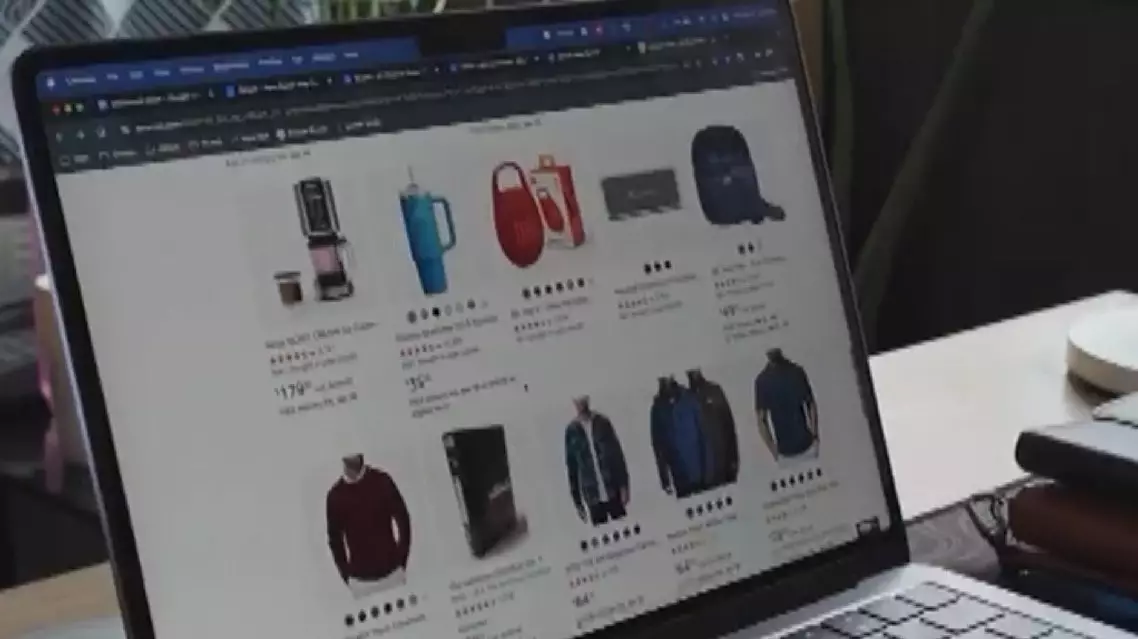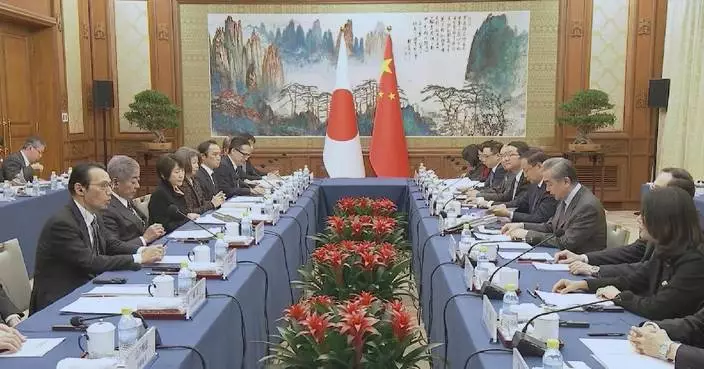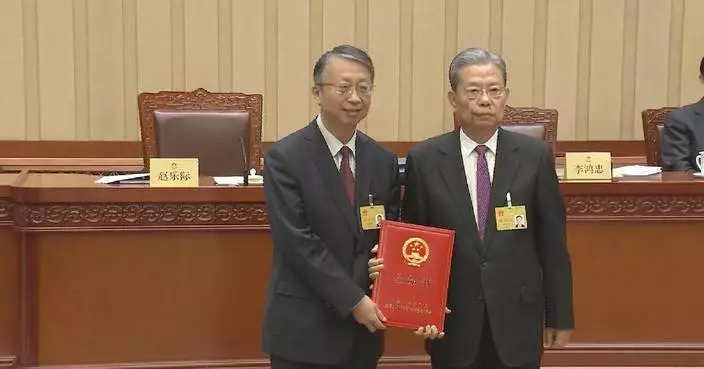Central China's Hubei Province is witnessing a significant surge in international tourism following the nation's expansion of transit visa-free policy on Dec 17.
The new policy extends the permitted stay for eligible foreign travelers from the previous 72 and 144 hours to 240 hours, or 10 days, and has added 21 new ports of entry for visa-free travelers. Hubei Province, along with the provinces of Fujian and Shaanxi, has also expanded its permissible travel areas for transit visitors to the entire province.
At Wuhan Tianhe International Airport, authorities made swift adjustments to streamline the travel experience for foreign visitors. The Wuhan border inspection station has introduced measures such as foreign-language assistance, including English and Korean, and designated special lanes for foreign travelers to ensure fast-track border processing for arriving passengers.
The policy's extension now allows foreign travelers to explore beyond Wuhan City to other parts of Hubei, creating demand for better intercity transportation options. To address this, Wuhan's aviation and rail sectors are optimizing air-rail connectivity, making it easier for international visitors to travel to other cities in Hubei.
"We help foreign travelers complete one-stop ticketing for their air-rail journeys, assist them with purchasing or changing tickets on the 12306 app, and provide flight and railway train information inquiry, foreign currency exchange and other services," said Guo Yaqi, a duty officer at the 12306 air-rail connectivity service center.
For many travelers, these changes are helpful and attractive.
"It could be very useful if you ever wanted to spend time learning about new cultures, learning about what it's like to live in China for a few days, just like go out, eat some Chinese food. It's just a fun little thing to do. This is an extra thing. If you're trying to go to other countries, you may as well come to China for a few days,” said Luke Paul, a tourist from the United States. The impact of these efforts is already evident. According to data, the Wuhan border inspection station processed over 184,000 foreign travelers at Wuhan Tianhe International Airport this year, a 229 percent increase compared with last year. Among them, more than 43,000 travelers entered under visa-free policy, nearly four times the figure from the same period in the previous year.

China's extended transit visa-free policy spurs tourism growth in Hubei Province
The cybercrime rate in the Philippines increased during the Christmas Holiday Season as more Filipinos opted for the convenience of online shopping, shifting from physical stores to virtual carts.
A recent study by cybersecurity firm Kaspersky revealed a staggering 40 percent increase in online shopping scams globally during the holiday season. In the Philippines, cases of phishing and fake e-commerce websites are on the rise.
Margaret Esguerra is among the victims of a phishing scam linked to GCash, the country's largest e-wallet.
She lost 53,000 pesos after receiving an SMS about an insurance fee, sent from what appeared to be an official GCash number.
"Since the SMS came from their official account, I trusted the source and I didn't want to be charged, so I clicked it and in one minute they wiped out my account that's 53,000 pesos," said Margarett Esguerra, an Online scam victim.
Art Samaniego from Scam Watch Pilipinas, a cybersecurity advocacy group, explains how scammers are able to commit this type of fraud.
"It's called a stingray attack or IMSI, I-M-S-I attack wherein cybercriminals have this small equipment that would make your connection lose connection to 5G or 4G networks. It will downgrade your connection and it will trick your cellphone to connect to their fake base station and when you are connected to that fake base station, what will happen is that they can now control, they can now see what you are doing," said Samaniego.
Numerous GCash users reported losing money overnight, even without clicking on suspicious links. GCash attributed the issue to a technical glitch and stated that funds were refunded to affected customers.
However, not everyone got their money back. Esguerra was unable to recover her 53,000 pesos. The company claimed that Esguerra shared her one-time password on a phishing link and advised her to pursue the merchant directly for a refund.
"It should have been returned. I waited, I patiently waited for their investigation. I was really hoping that they would give it back because I showed all the evidence. It's hard-earned money. It's very difficult to accept," said Esguerra.
A recent study by analysis firm TransUnion also revealed that the Philippines is experiencing an average fraud rate of 13.6 percent, significantly higher than the global average of 4.6 percent.
"The government is doing something about this. The ICD, CICC and the law enforcement agencies are doing projects to answer (to) these scams and cybercrimes, but the problem is some of these crimes are technology-dependent," said Samaniego.
GCash has released warnings, reminding the public to stay vigilant against online scams. In a statement, the company said it has been continuously investing in the latest security technologies to combat fraud. Meta has also launched a worldwide anti-scam awareness campaign aimed at protecting users from fraudulent schemes during the holiday shopping season.
Cybersecurity experts urge everyone to double-check the legitimacy of websites, avoid clicking on suspicious links, and use secure payment methods.

Rising cybercrimes target Filipino shoppers










